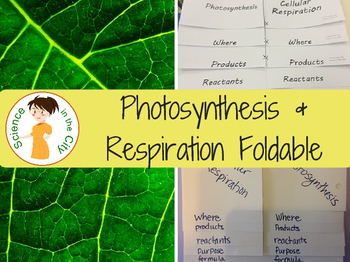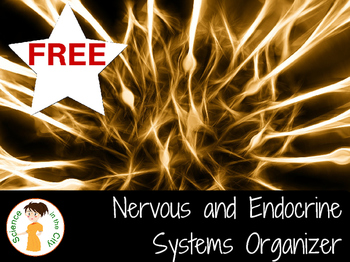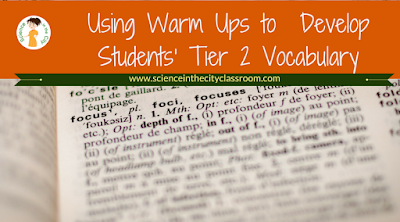As we approach the second semester (midterms are this week, then we start the second half of the year).....I am rethinking my approach to homework. I teach 7th and 8th grade in an urban district, at a very low performing school.
Every summer I re-think my approach, I have done real research, and keep coming back to the same conclusion. This may be the year that I change it. And not only change it, but change it mid-year.
Please add in the comments what type of homework you assign, how you grade it, or any other thoughts you have on homework. I would love to hear your feedback!
I generally assign homework that students should be able to do independently, to reinforce the topics we are learning in class. I often assign work from the textbook (read 2-5 pages, and answer a couple of open-ended questions, or interpret a diagram or 2, or do the reinforcement work that comes with the textbook). I also often assign vocabulary practice (draw pictures, use in sentences, etc). I am very lenient on accepting it late.
Our district mandates that homework counts no more than 10% of the overall grade. I have always made the argument to kids that "that's a whole letter grade." That will bring you from an F to passing, or you can't get an A without doing homework.
I still feel that way, and I think that kids need to practice outside of class in order to raise their overall skills, and to "catch up" to other schools. If we have such low scores now, how are we going to catch up by doing less.
Here is the catch.....
- Only a small amount of kids (maybe 25% if I'm lucky) do any substantial amount of homework, the majority don't do any
- We are under a huge amount of pressure right now to raise scores and to put in 110% (or more)---we are having 2 grade level meetings, an RTI meeting, a co-teaching SPED meeting, a subject meeting, a committee meeting, and sometimes multiple parent conferences during a week. This leaves next to no planning time that is actually free.
- We are also being requested asked to turn in formal lesson plans, and to help provide tutoring during lunch to raise achievement.
- I am exhausted and very stressed...something needs to change!
I am considering not assigning homework anymore, but doing more of the 'homework' in class. I would make a shorter lesson, start homework in class, and those that don't finish would have it as homework to finish at home?
Or making a standard homework assignment every week that is due - perhaps Wed to Wed?
I would love to hear any of your suggestions. I have this week of midterm exams to figure out my strategy.
However, I am starting to think that even for all the reasons that I believe in homework, its not a good use of my time to come up with homework (even though I don't spend a lot of time on homework), and to correct and grade it, etc, if kids aren't doing it. Maybe time and energy is better spent somewhere else, and maybe if its not working, then I need to revamp how I'm thinking about it.
How do you structure homework? What types do you give? How often? What feedback do you have?




















































